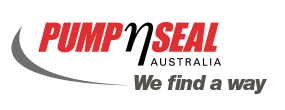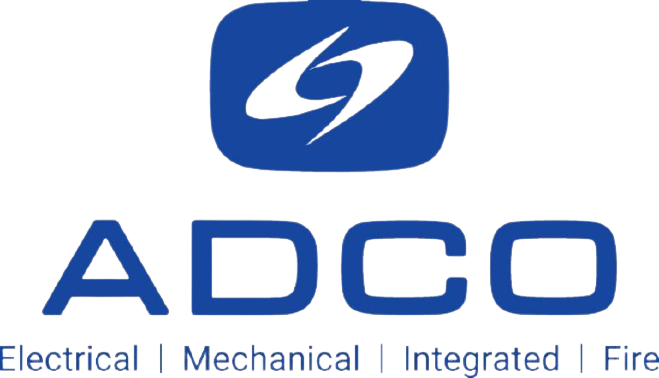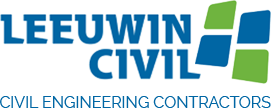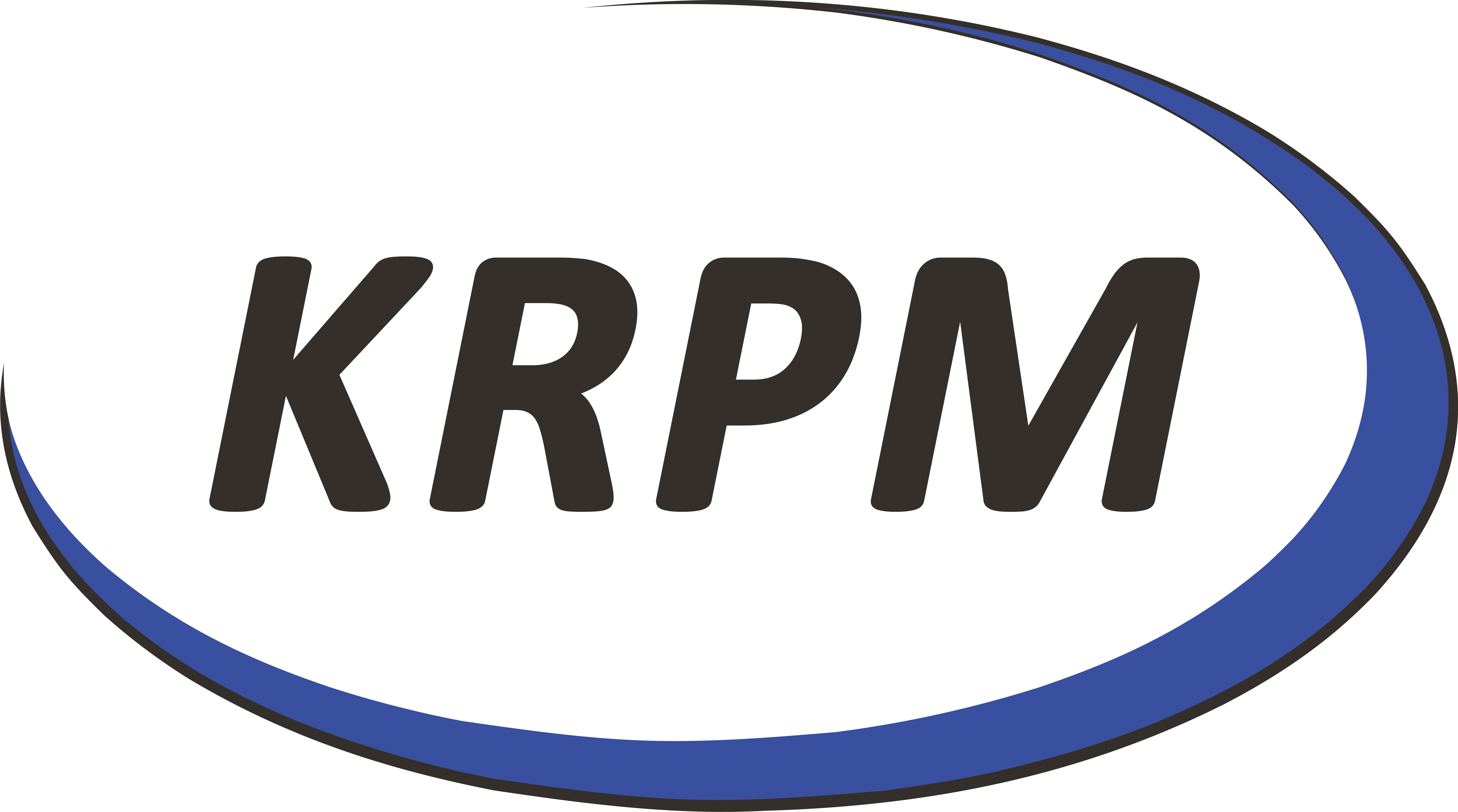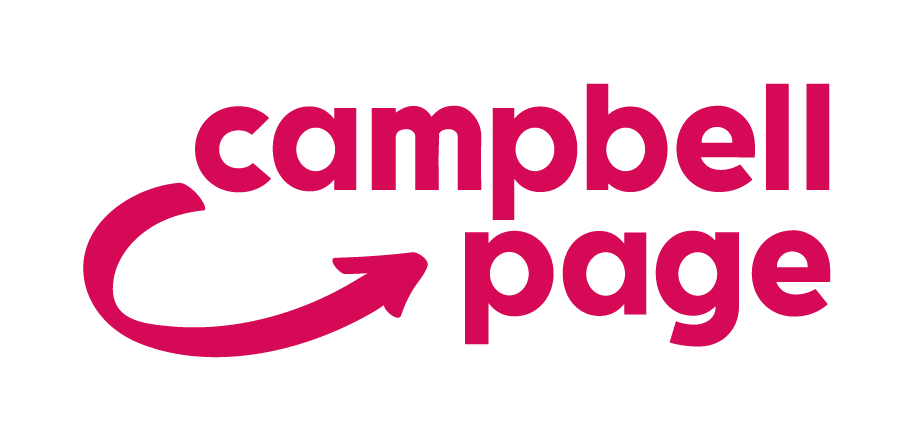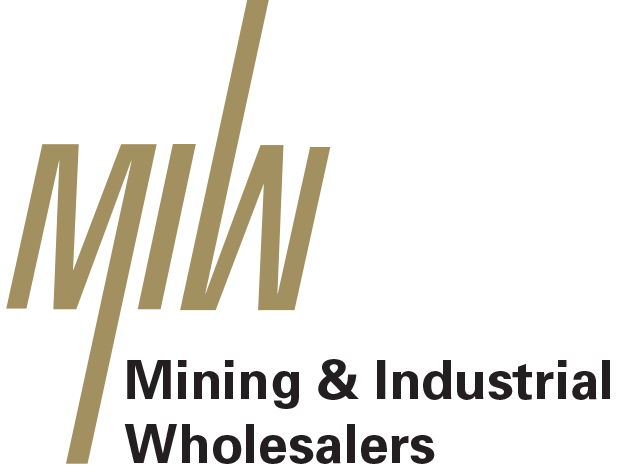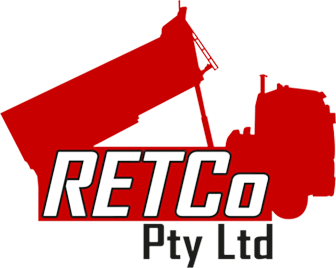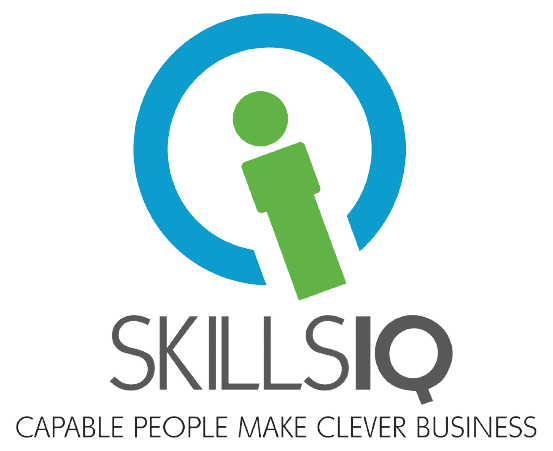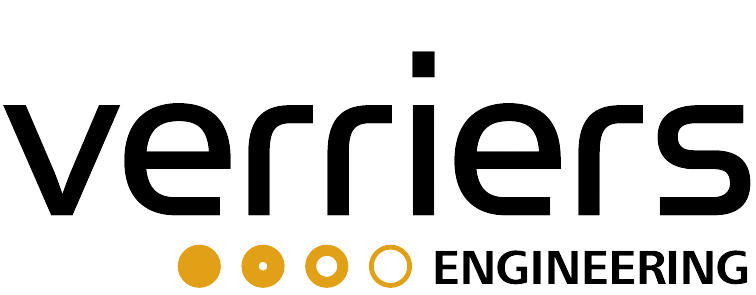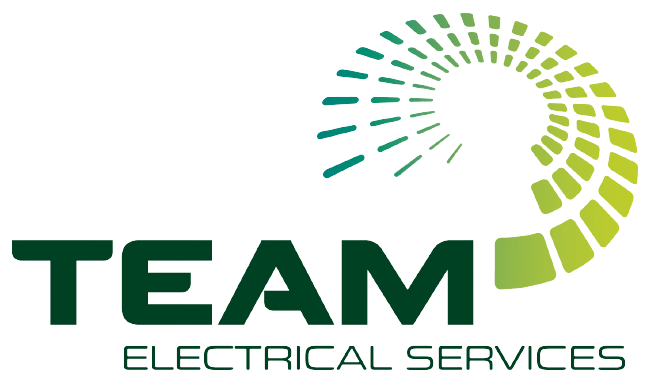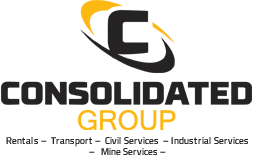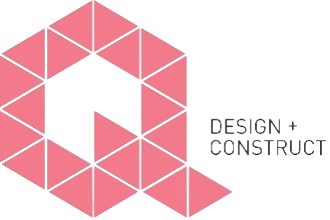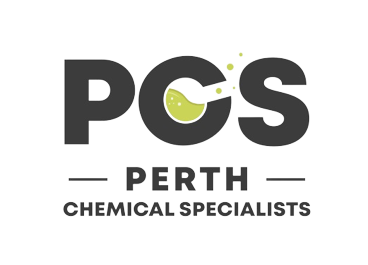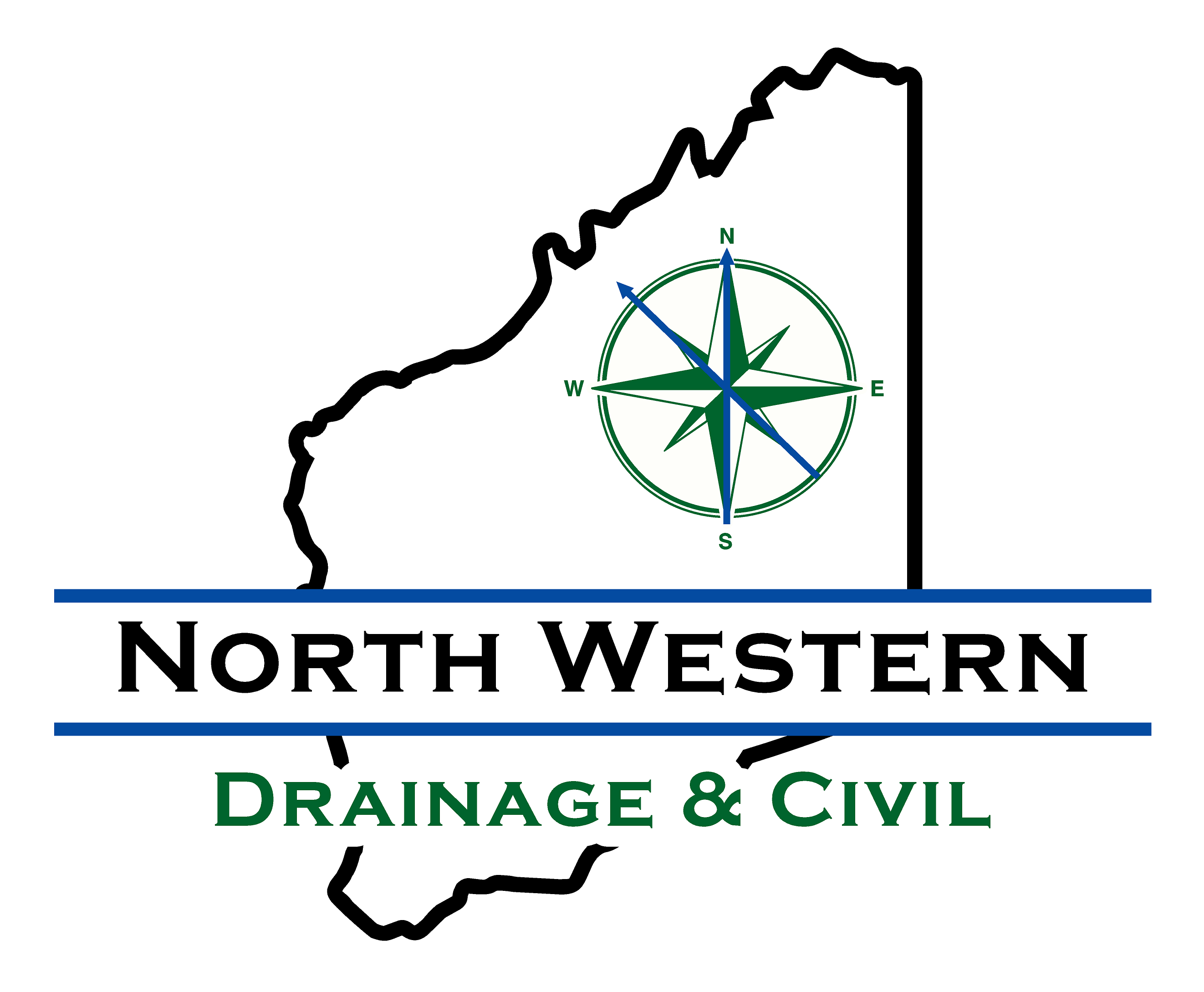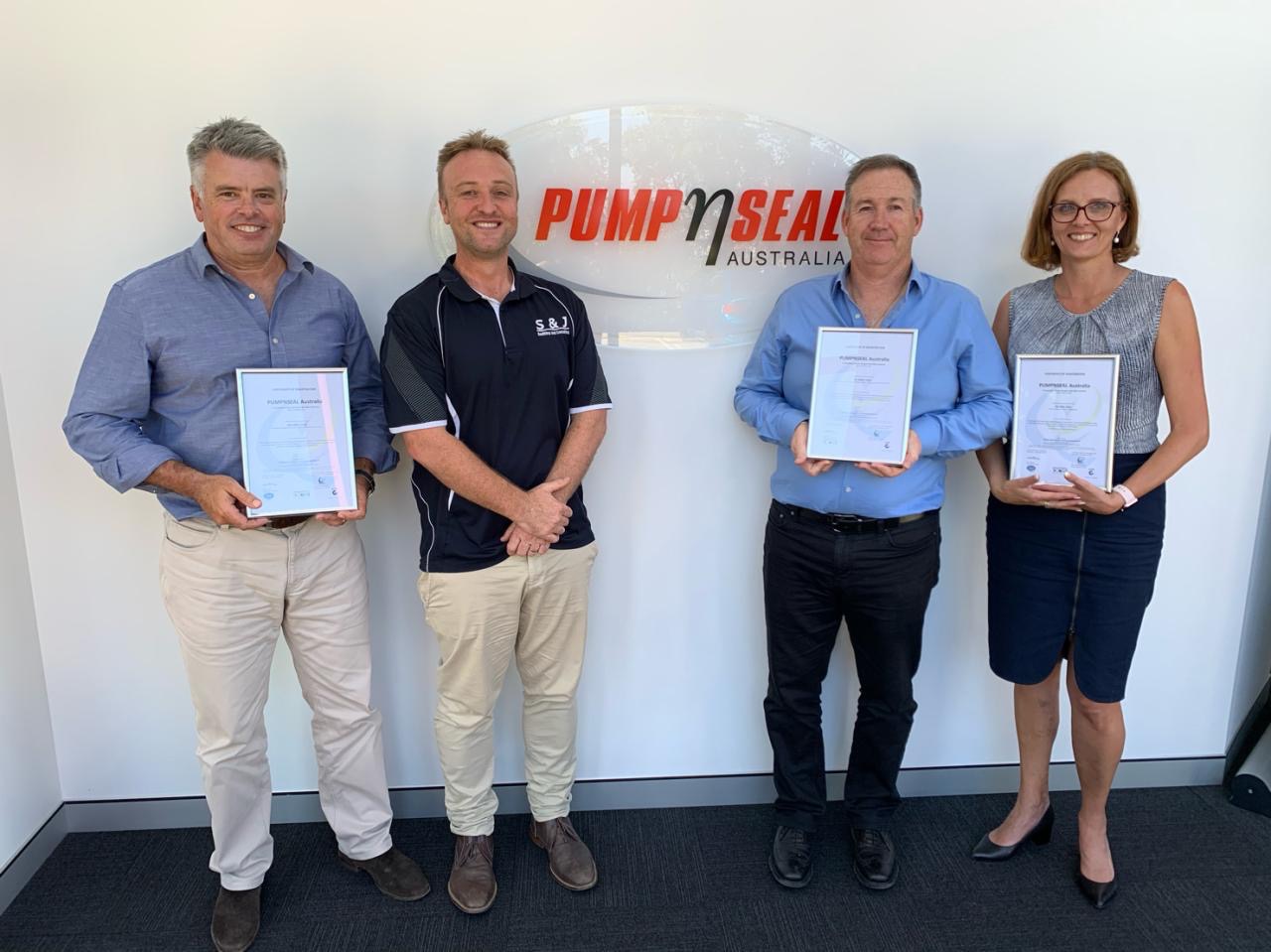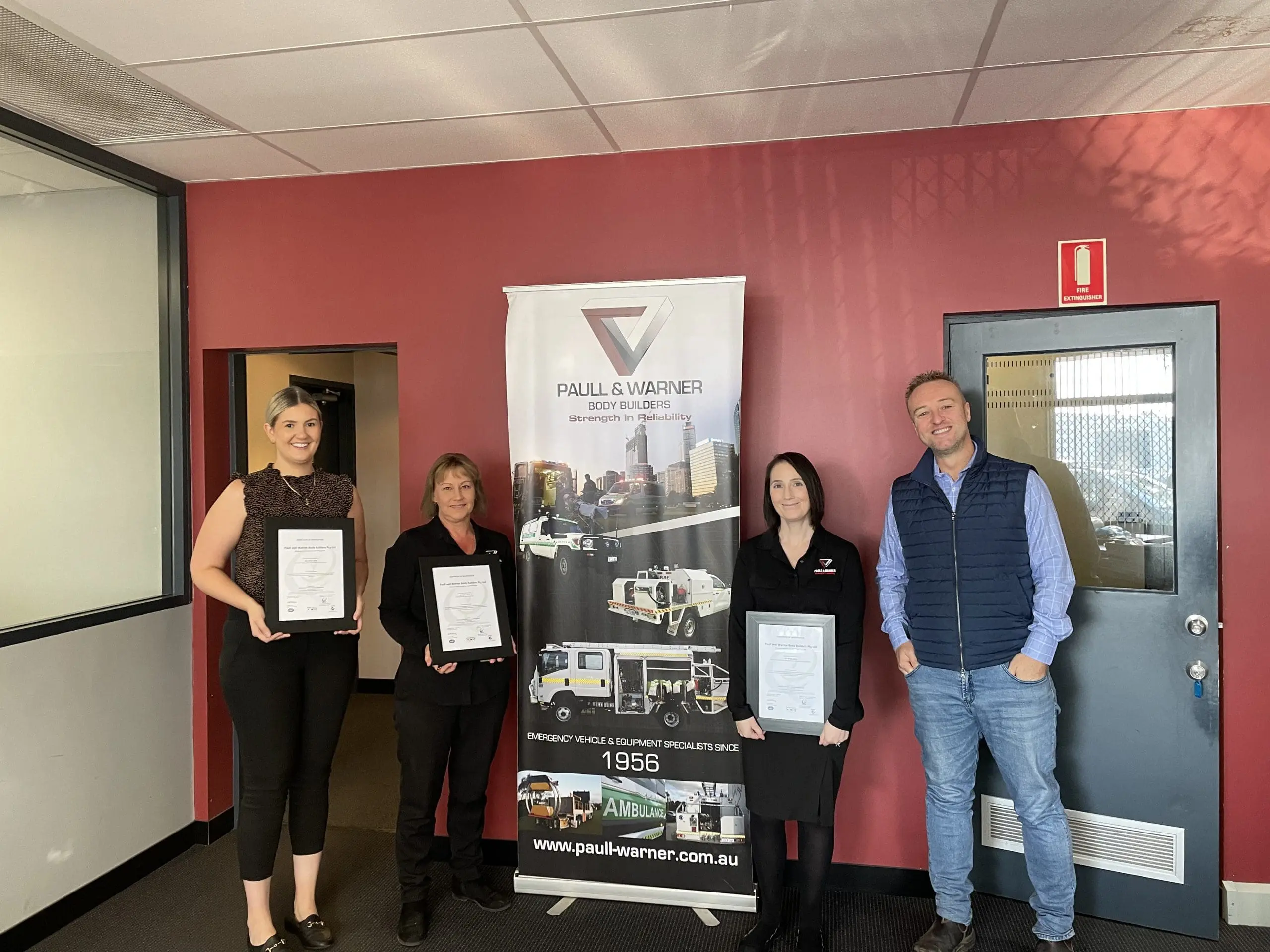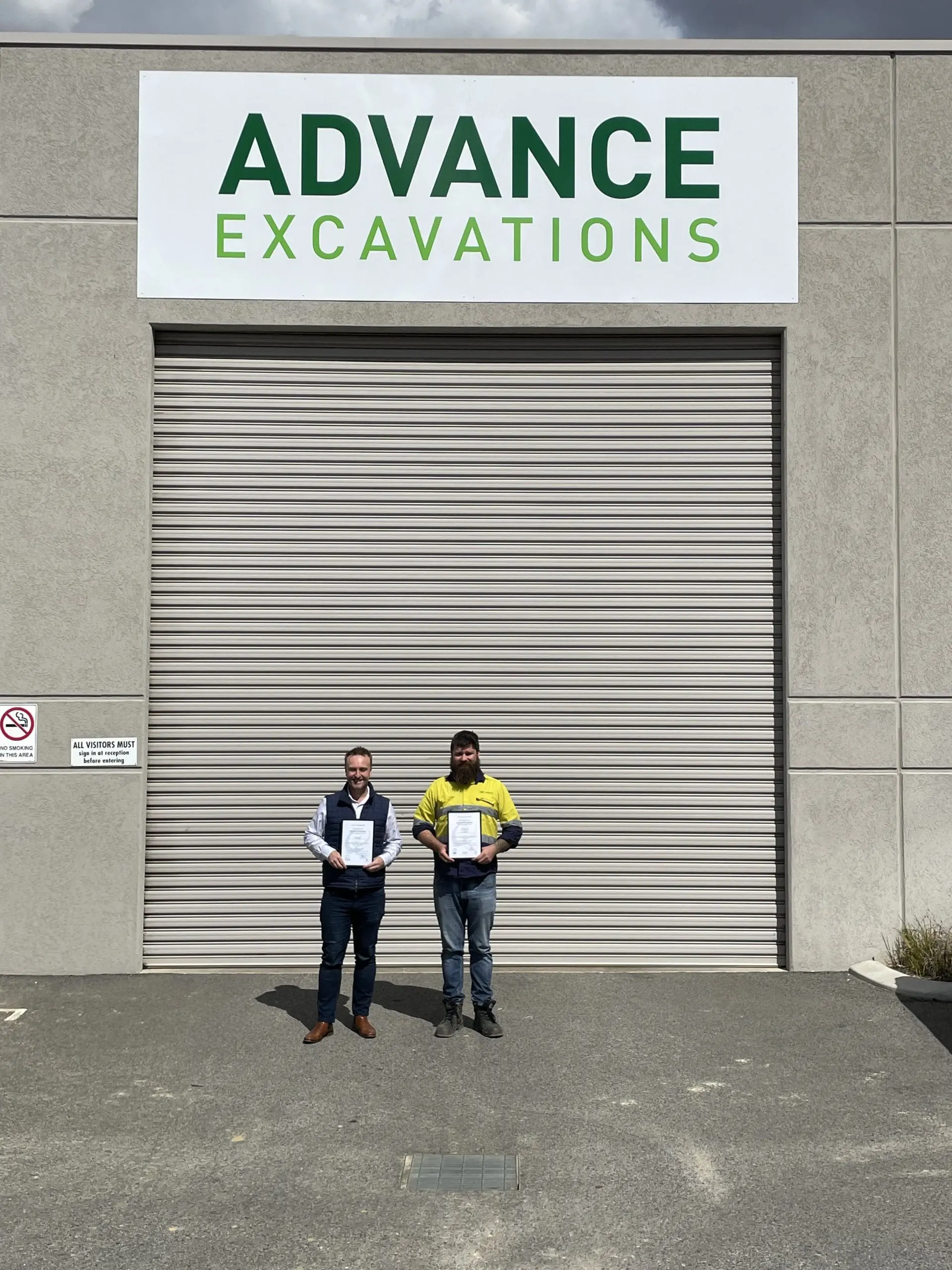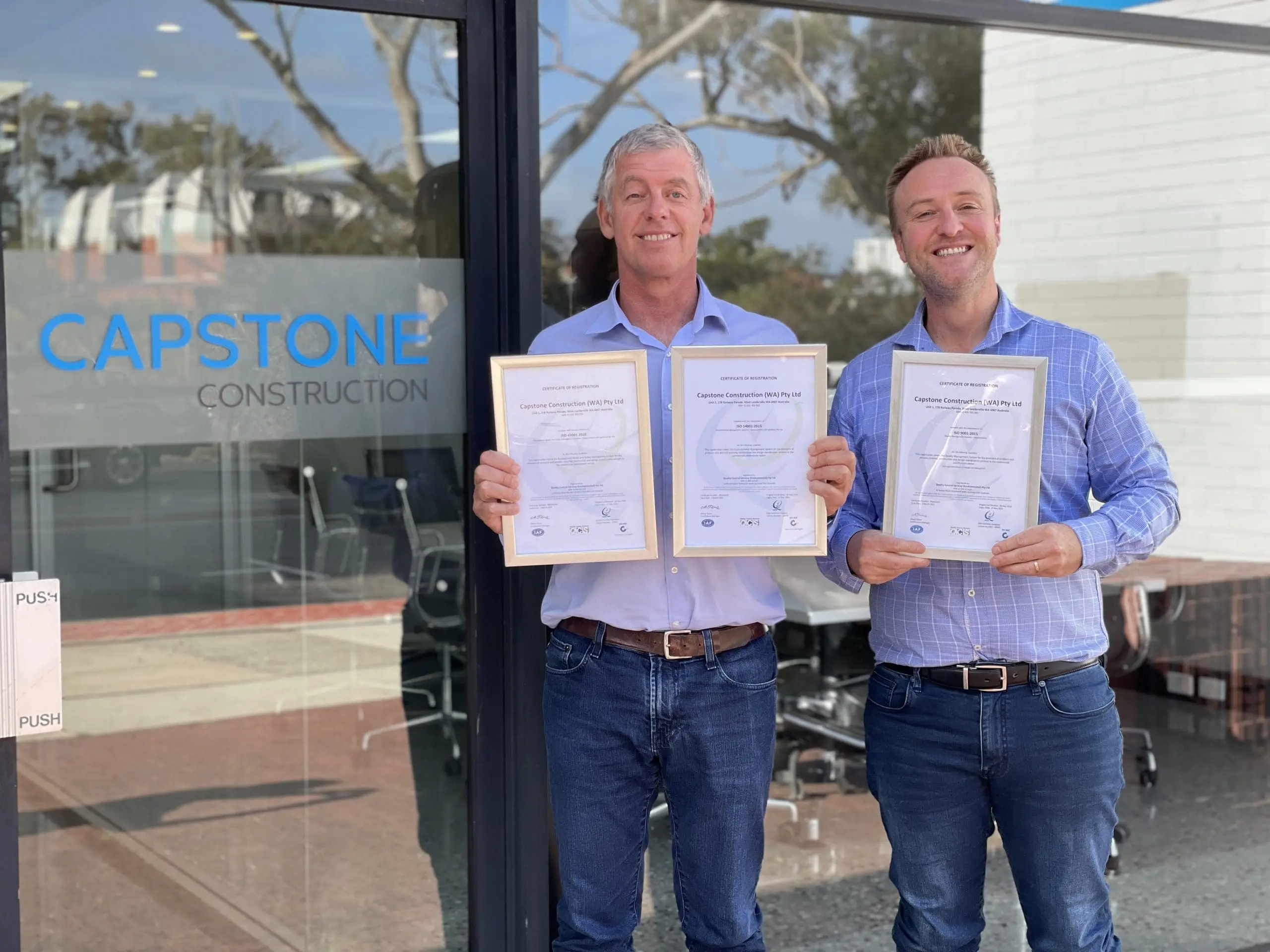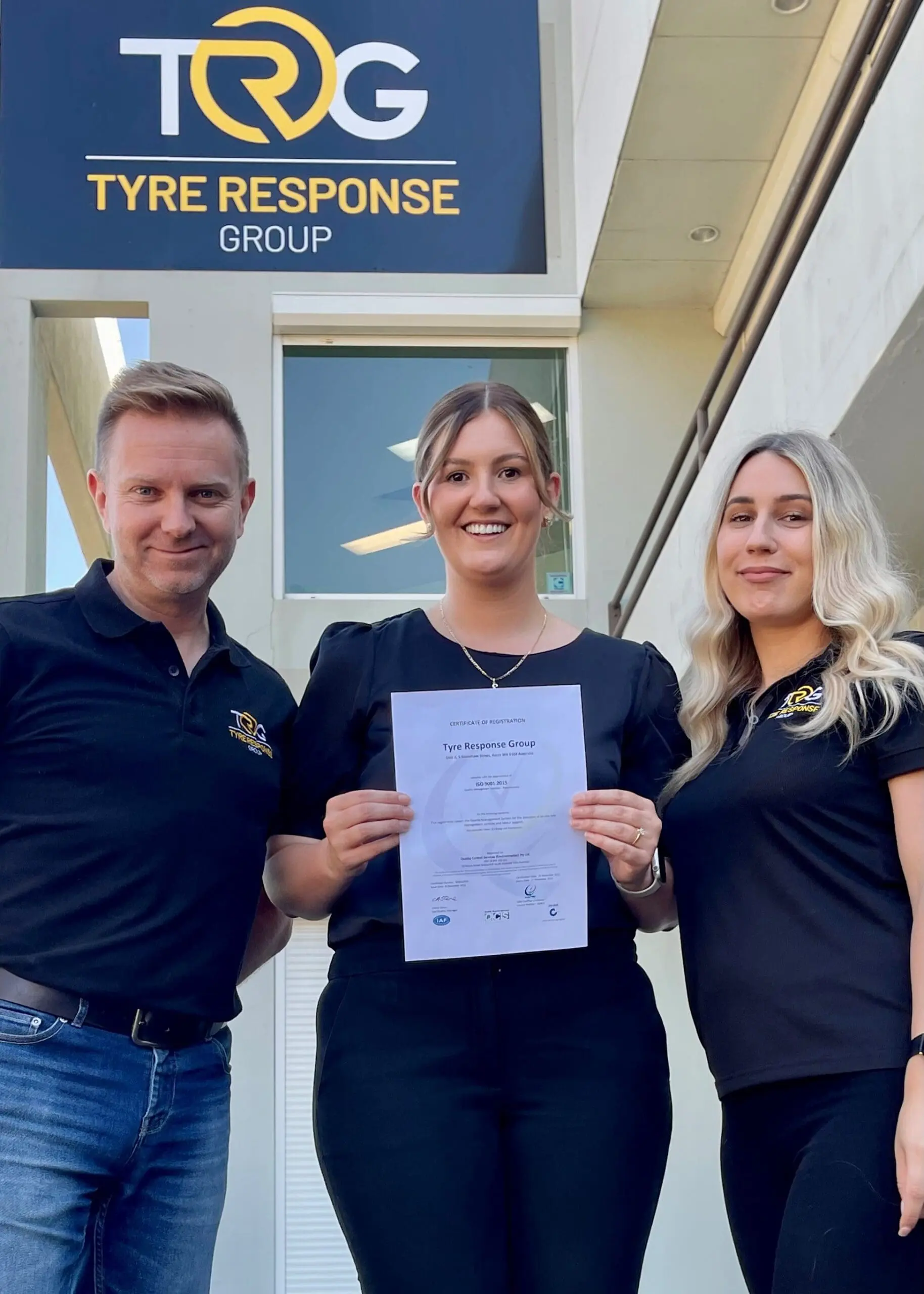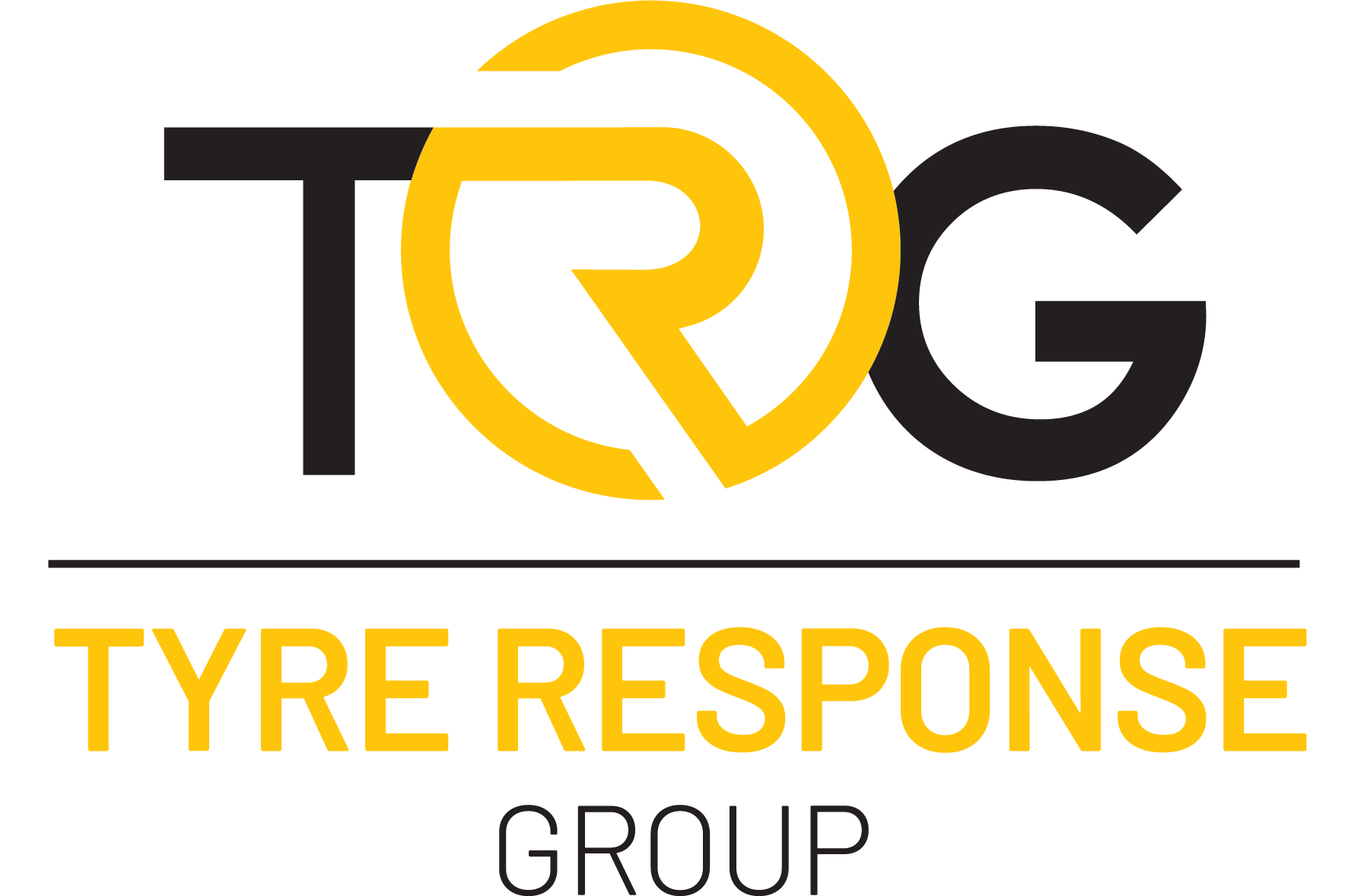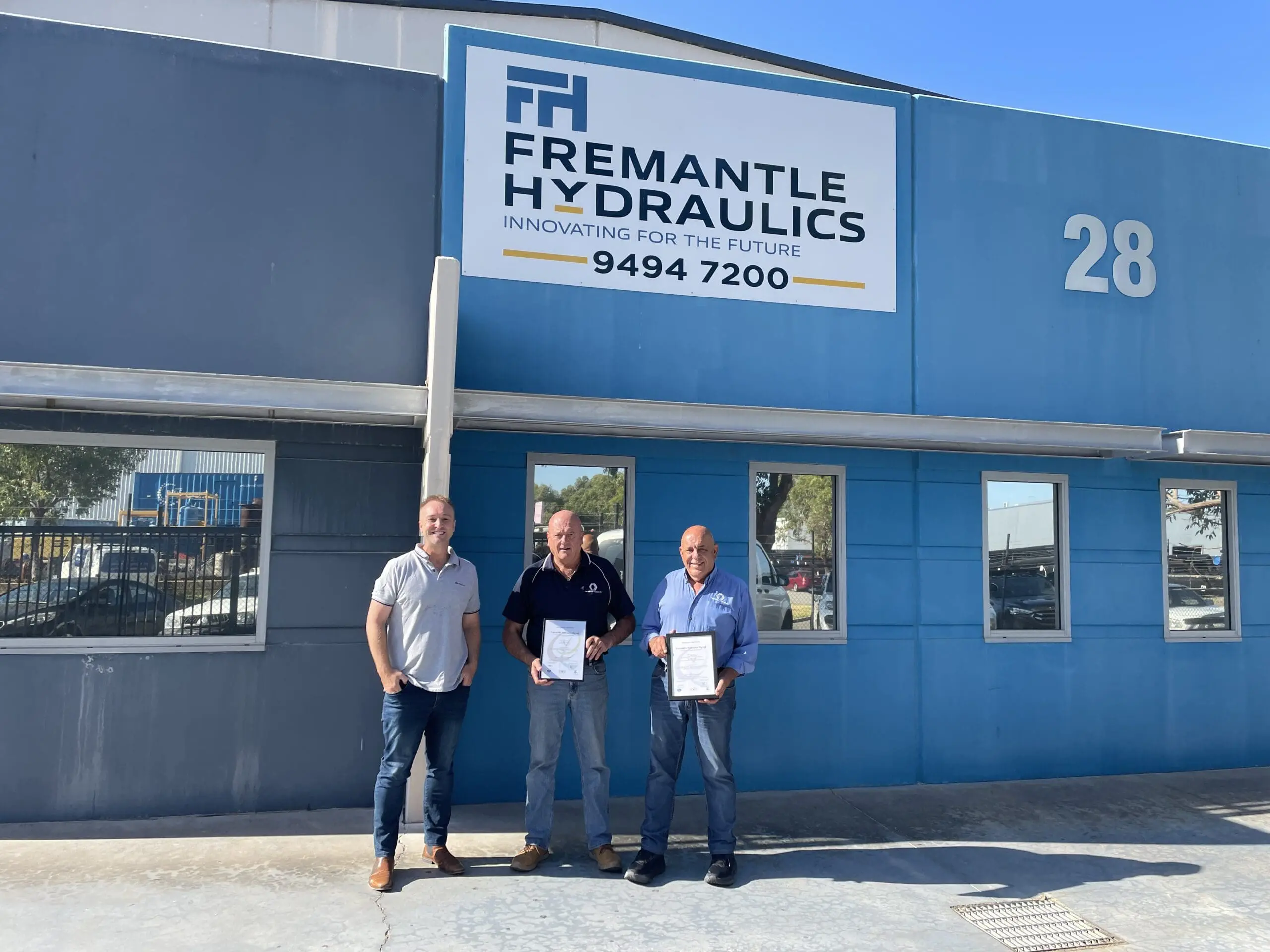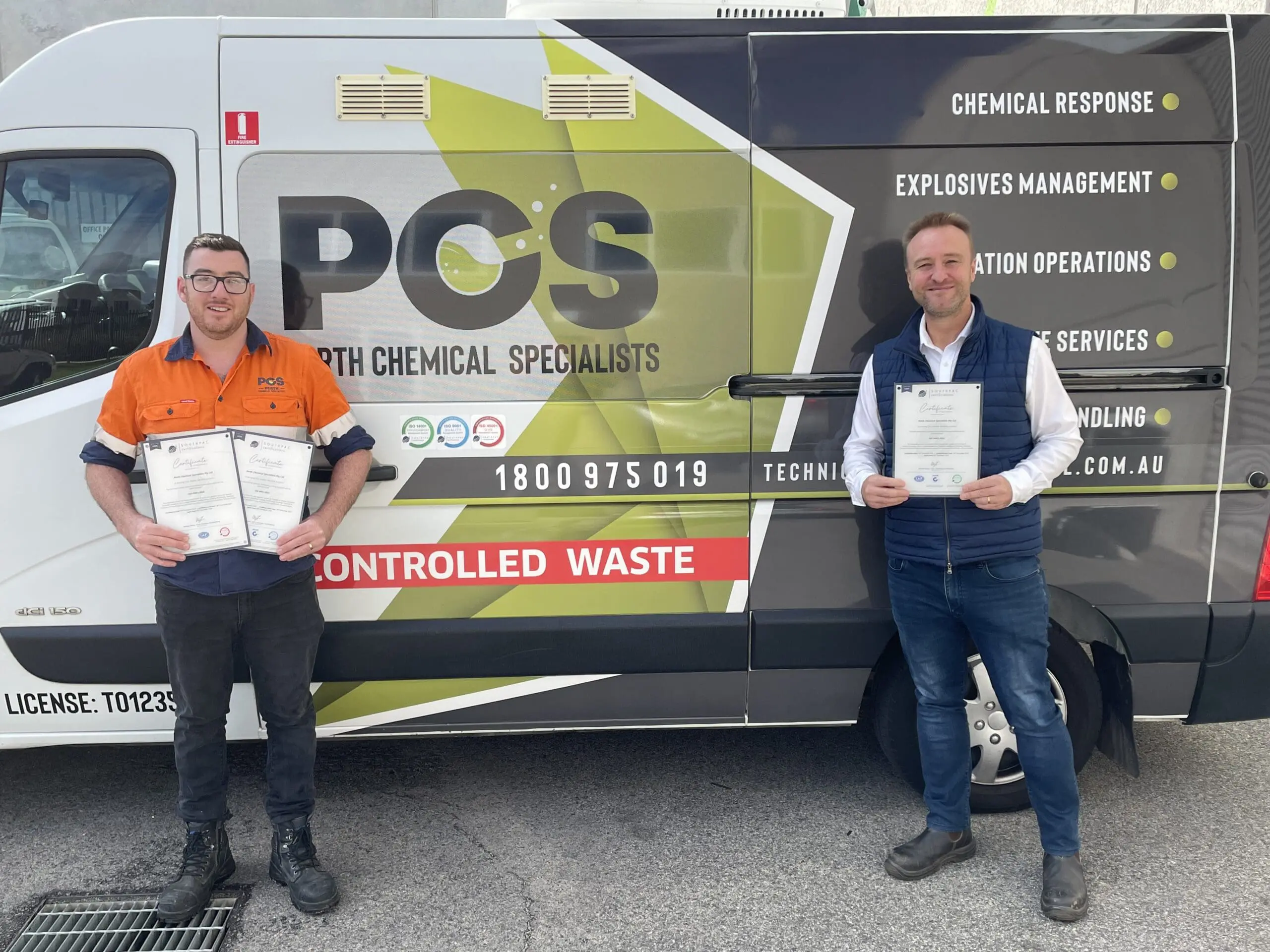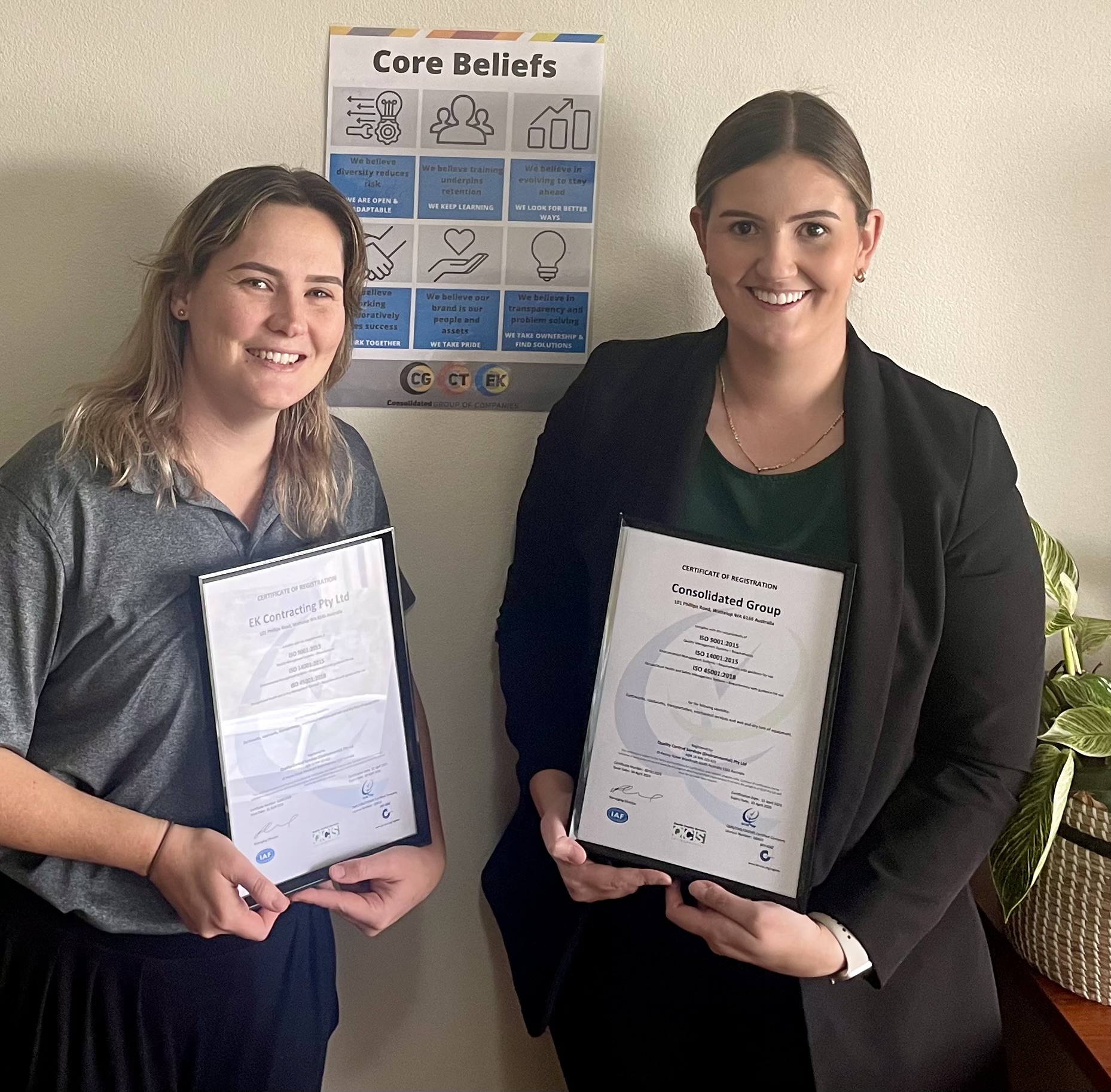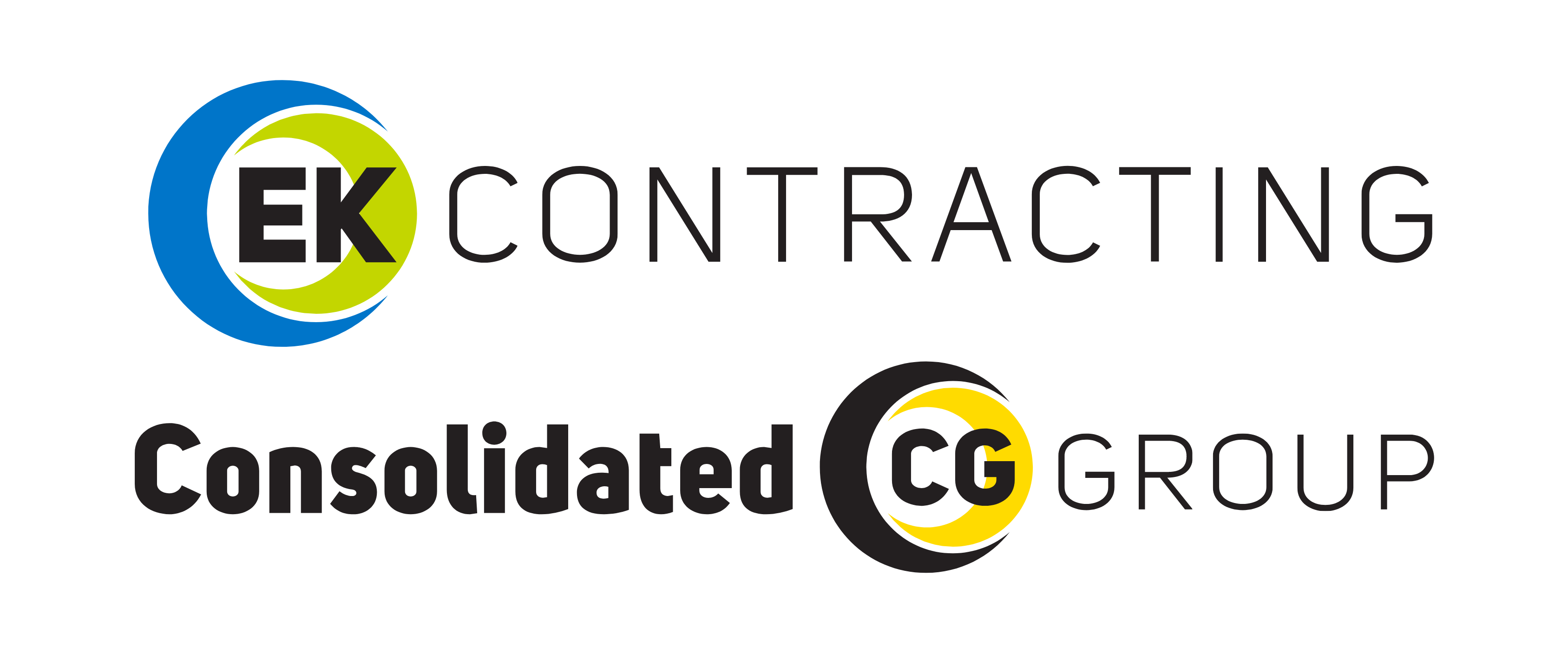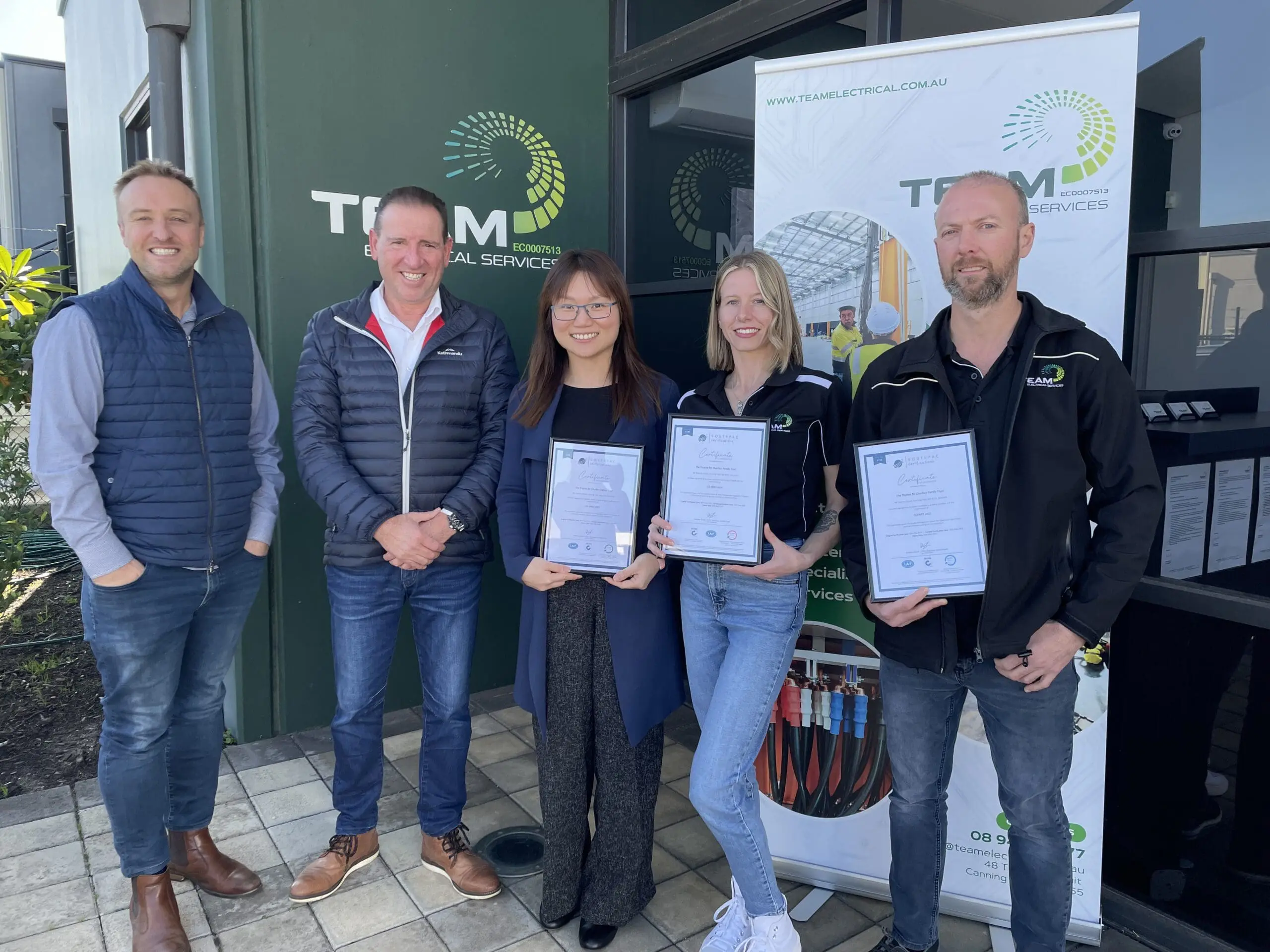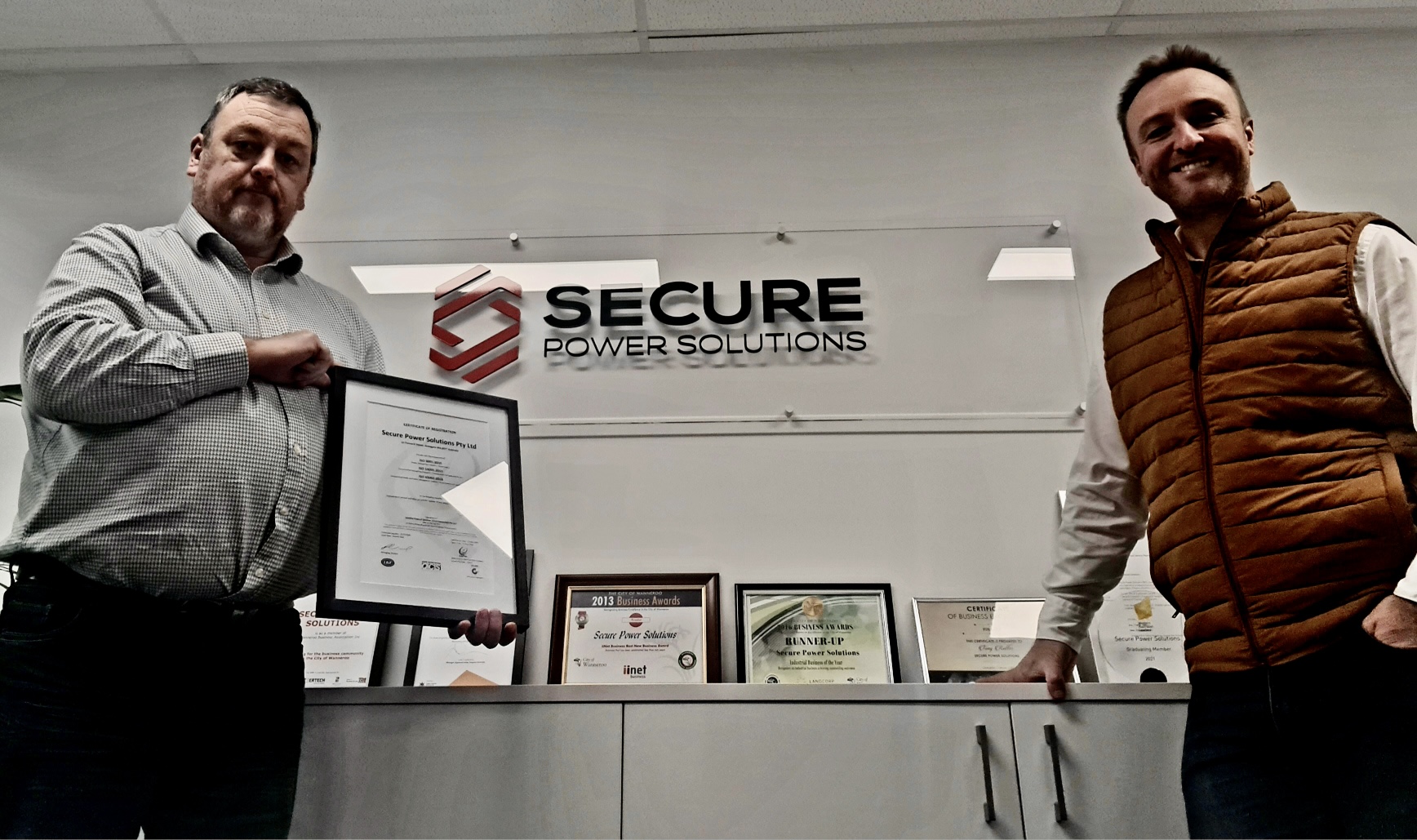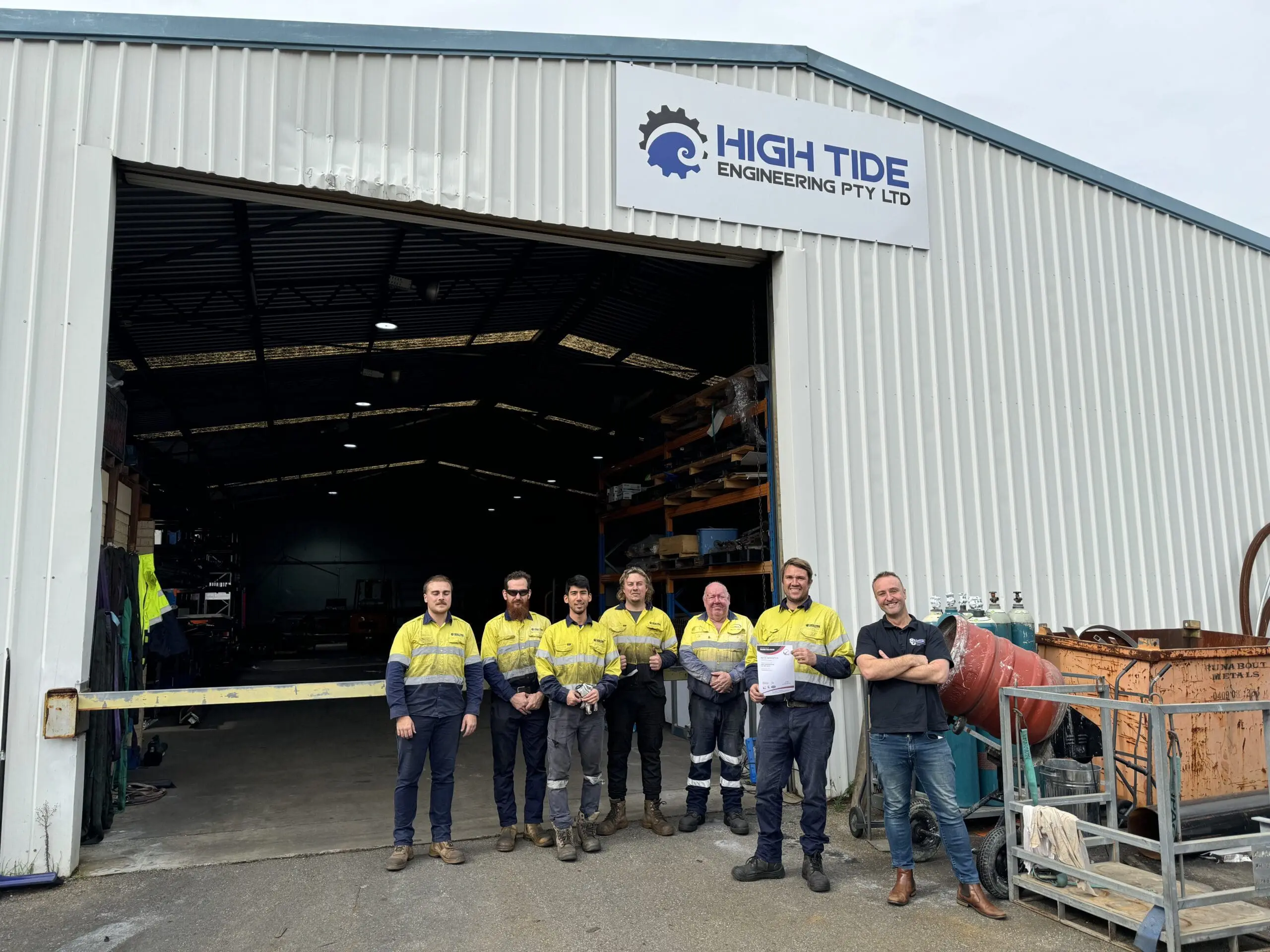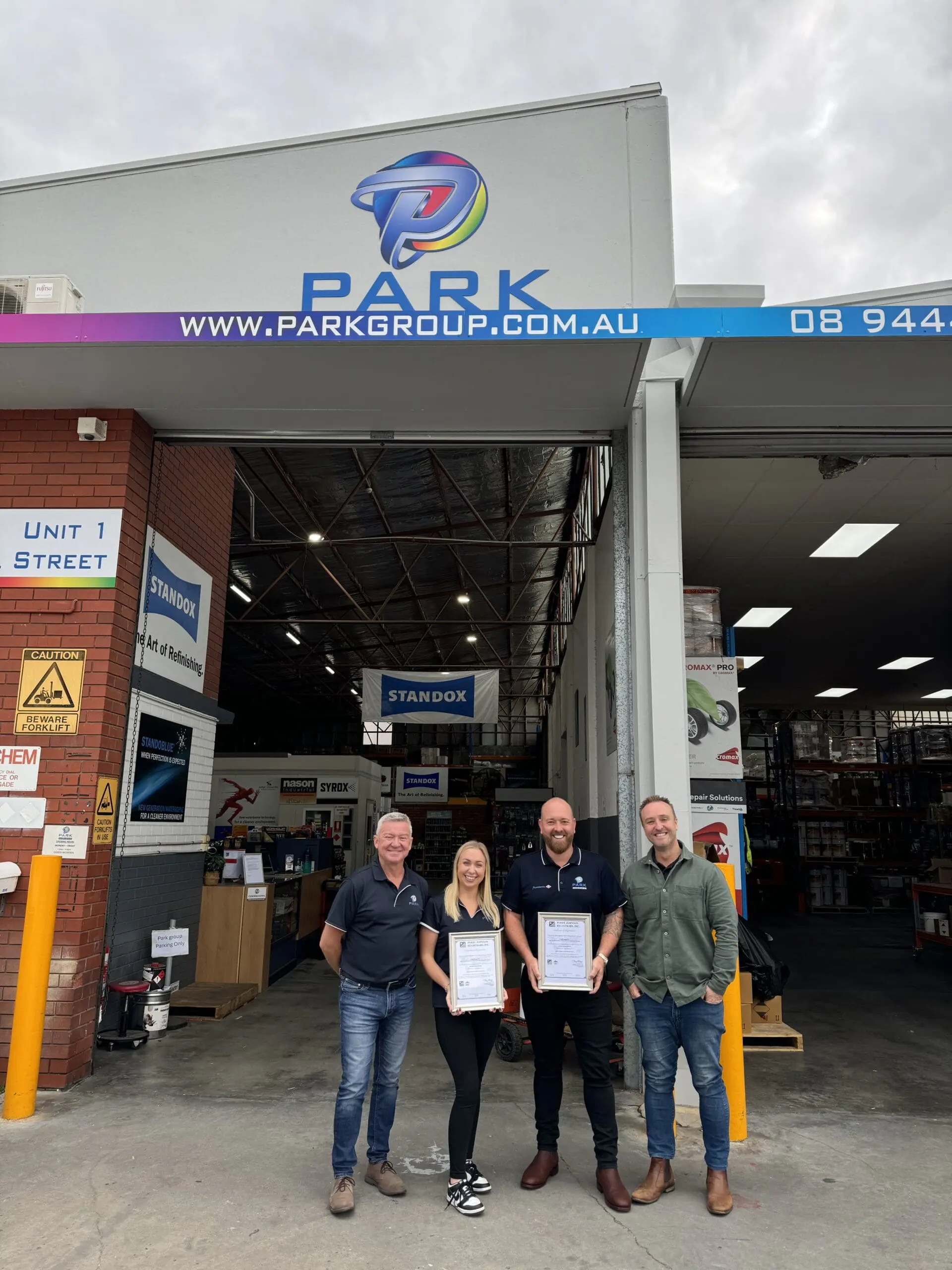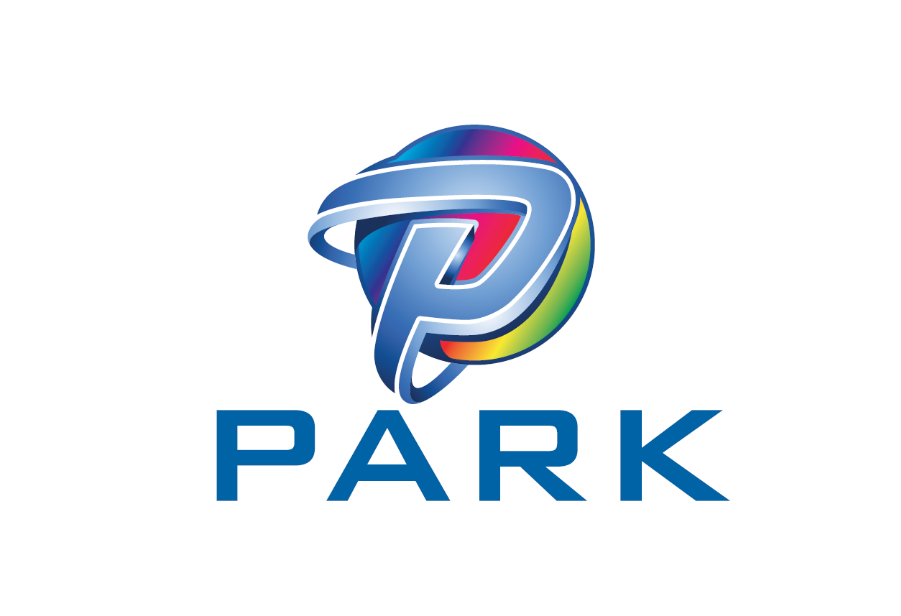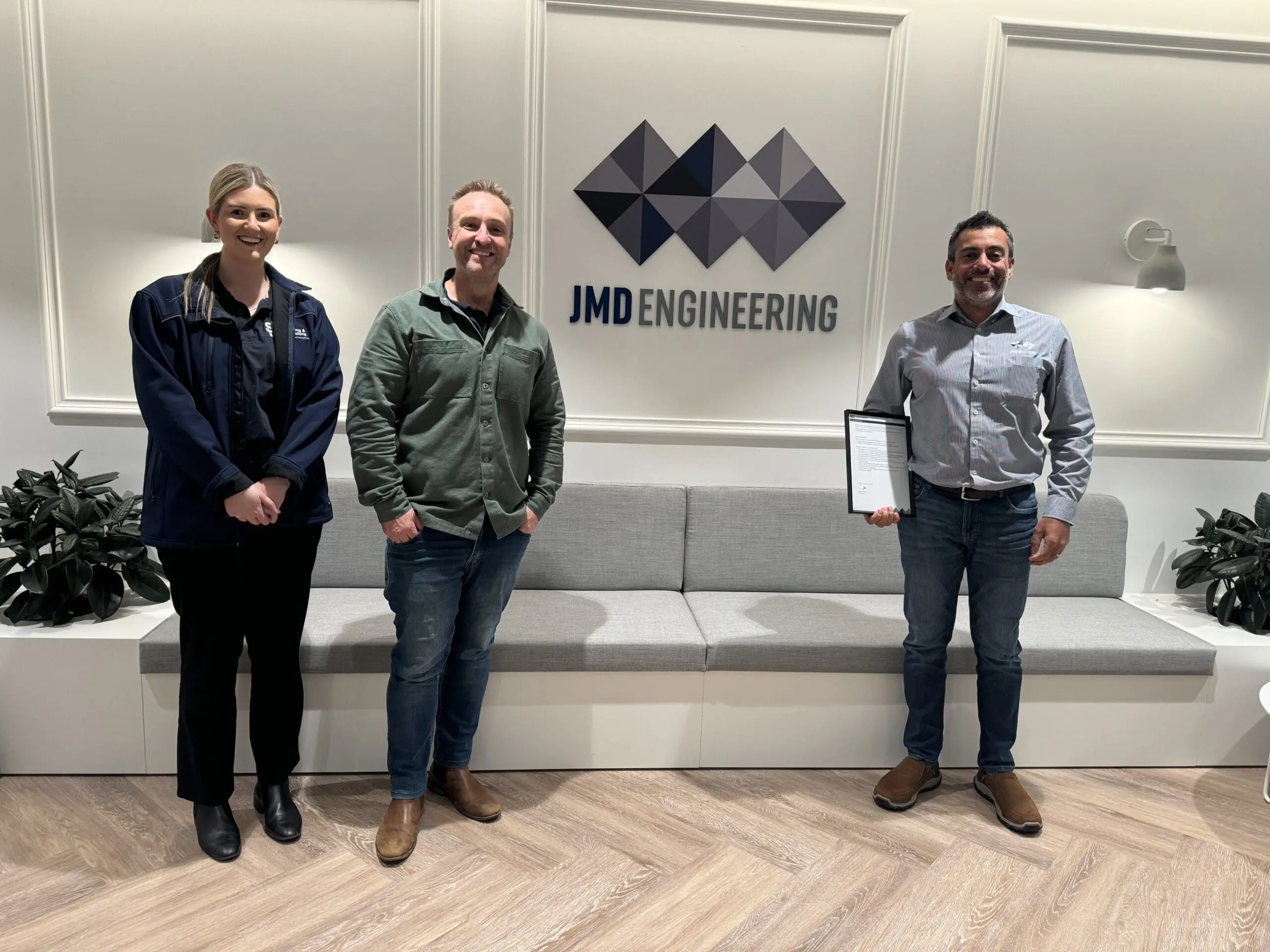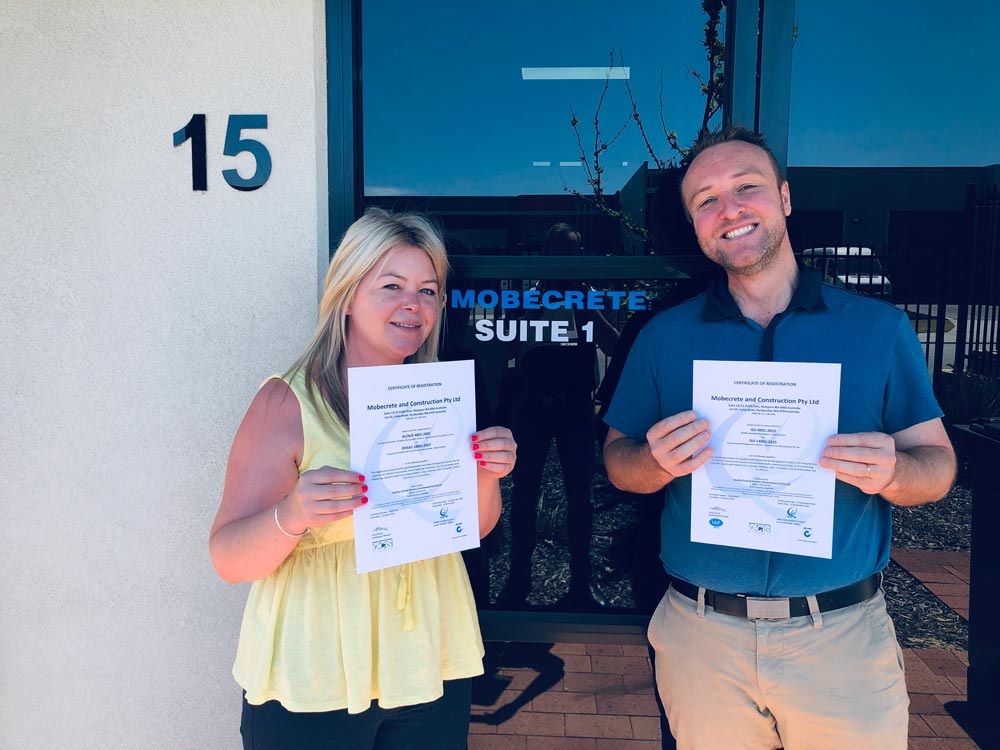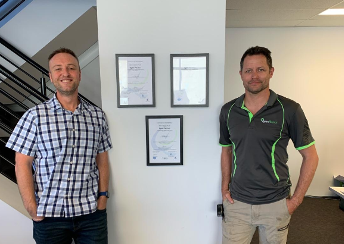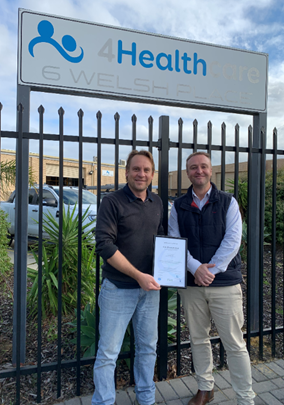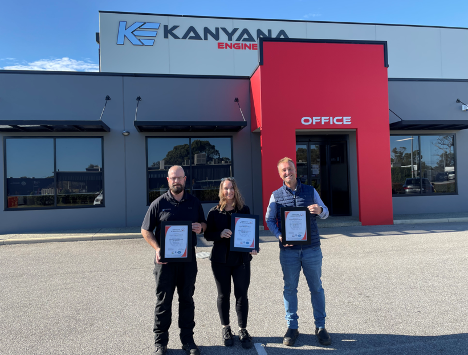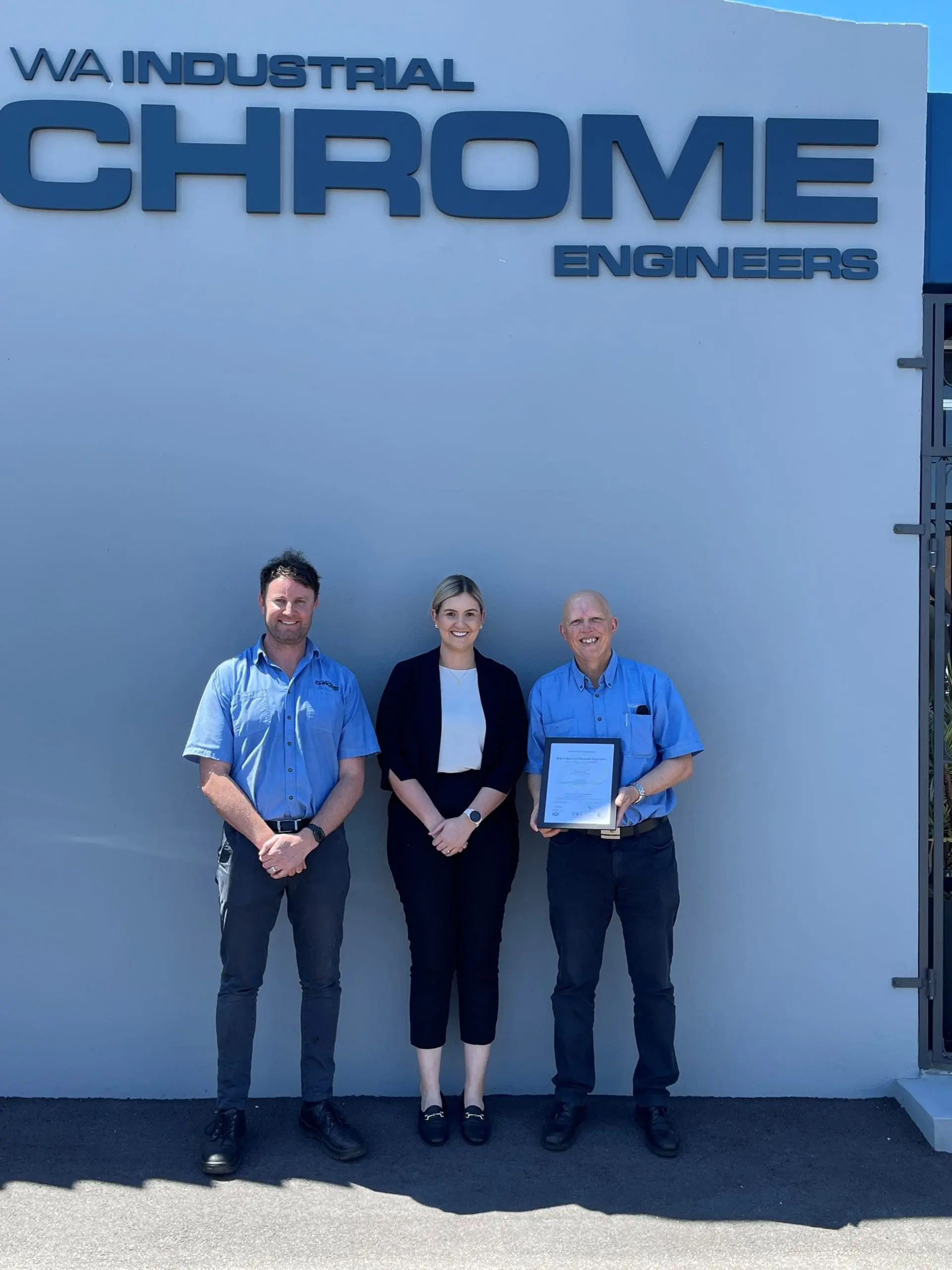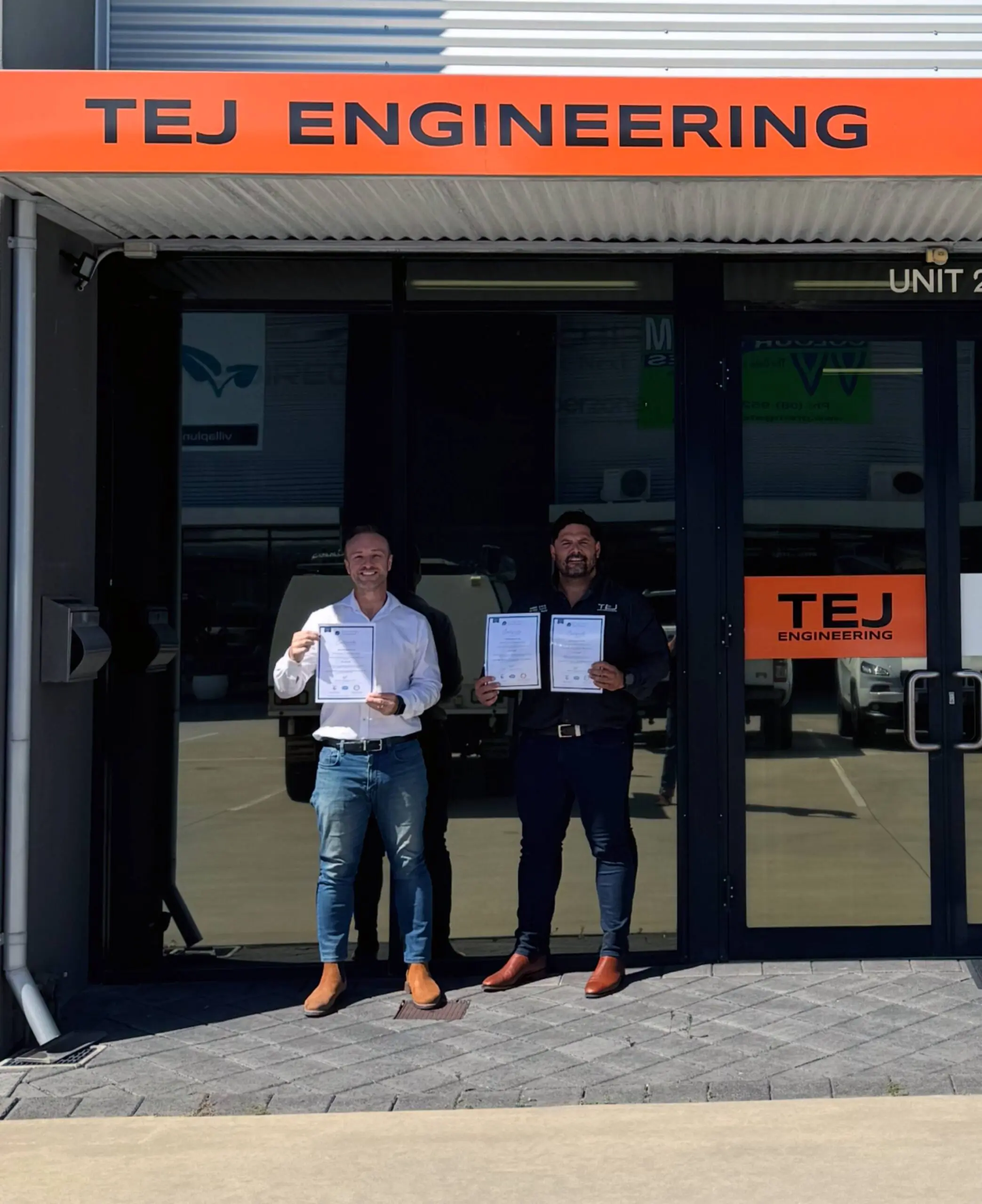ISO 9001 Certification
As a leading ISO 9001 certification consultant, S & J Auditing and Consulting is committed to guiding your business to achieve ISO 9001:2015 certification, guaranteeing improvement in quality management systems and business processes.
Fast and Efficient Process
Highly Experienced Consultants
Servicing All Industries
Certification Guaranteed
The Benefits of Implementing ISO 9001 Certification
Adopting ISO 9001 brings numerous advantages:
By aligning your products and services with customer expectations, ISO 9001 helps build trust and loyalty. Satisfied customers lead to repeat business and positive word-of-mouth referrals, expanding your market reach.
Identify and eliminate inefficiencies within your operations. ISO 9001’s process-based approach, ensures that processes are managed effectively and streamlines workflows, resulting in cost savings and higher quality outcomes.
Regular internal audits and performance evaluations enable continuous refinement of your Quality Management System (QMS). Stay competitive by adapting to industry changes and implementing best practices.
ISO 9001 emphasises leadership commitment to the Quality Management System (QMS), to ensure quality objectives align with the organisation’s goals. This conbtinrubes to creating a culture of excellence and continual improvement
Foster an organisational culture that prioritises innovation and improvement. Continuous assessment and enhancement of processes keep your organisation ahead of the curve.
Implement robust quality control mechanisms to ensure consistent delivery of products and services. Reliable quality boosts customer confidence and strengthens your brand reputation.
Optimise resources and reduce operational costs through efficient processes. Increased productivity and reduced waste directly impact your profitability.
Leverage data-driven insights from regular monitoring and measurement. Make informed decisions to improve processes and address issues proactively.
Adopt a risk-based thinking approach to identify potential challenges and implement preventative measures. Ensure compliance with relevant statutory and regulatory requirements, minimising legal risks.
Clearly defined roles and responsibilities enhance employee understanding of how their work contributes to quality objectives. This clarity boosts morale and productivity.
ISO 9001: 2015 A Framework for Excellence
ISO 9001:2015, the latest standard in Quality Management Systems, provides a robust framework for businesses to enhance their market opportunities and improve current processes. This standard encourages a Process-Based Approach and Risk-Based Thinking, enabling businesses to achieve goals such as increased profitability, new client acquisition, risk reduction, cost minimisation, enhanced productivity and efficiency, and meeting or exceeding customer expectations.
Clause 1 – Scope
Clause 2 – Normative References
Clause 3 – Terms and Definitions
Clause 4 – Context of the Organisation
Clause 1 describes the scope and sets the boundaries and intentions of the ISO 9001 quality management systems standard.
Clause 2 refers to the ISO 9000 quality management systems – Fundamentals and vocabulary standard, which is a separate standard, referenced in the ISO 9001 quality management systems standard.
Clause 3 provides definitions and terms that are used throughout the ISO 9001 quality management systems standard. This clause is crucial for ensuring that all personnel involved in implementing the quality management systems (QMS) possess a consistent understanding of key concepts, which in turn aids in preventing misunderstandings and also ensures uniform terminology across various contexts.
Clause 4 requires organisations and all relevant stakeholders to determine its context, by evaluating both internal and external factors that are relevant to its purpose and strategic direction. This is to be taken into account when developing, implementing and maintaining its QMS.
This clause also requires an understanding of the needs and expectations of interested parties, the determination of the scope of the QMS, and the QMS and its processes, to be developed.
Clause 5 – Leadership
Clause 6 – Planning
Clause 7 – Support
Clause 8 – Operation
Clause 5 requires top management to demonstrate leadership in relation to the QMS. Leadership is required to be demonstrated through top management taking accountability of the QMS, ensuring a quality policy and objectives are established, ensuring integration of the QMS into the organisation’s processes, ensuring sufficient resources are provided and promoting improvement.
Clause 6 focuses on addressing risks and opportunities that could affect the desired outcomes of the QMS, both regarding implementation and long-term performance. This clause outlines the need to set specific, measurable, and achievable quality objectives and outline the necessary steps to feasibly achieving these goals. This proactive approach helps ensure that the implemented QMS remains relevant and effective over time.
This clause also requires customer focus, communication of the quality policy, and organisational roles, responsibilities and authorities to be assigned and communicated.
Clause 7 deals with the support structure required for the QMS, which includes managing human resources, ensuring sufficient knowledge within the organisation, and ensuring relevant resources are provided and maintained for the QMS.
This clause also requires the relevant training and competencies related to the QMS to be in place, sufficient communication processes to be implemented, and the control of documented information.
Clause 8 outlines the implementation of processes necessary for fulfilling the performance requirements of the proposed QMS. This clause is the largest and most detailed in the ISO 9001 quality management systems standard, and is broken down to cover multiple topics including:
- Design and development processes, and their management;
- The management and control of procurement activities;
- Control of production and service provision, including traceability, care of customer and supplier property, post-delivery activities;
- Release activities, and their management, and
- The control of nonconforming products and services.
Clause 9 – Performance Evaluation
Clause 10 – Improvement
Clause 9 requires the ongoing monitoring and measurement of the QMS to ensure it meets the established quality processes and objectives.
This clause also requires internal audits to be conducted, and management reviews of the QMS to occur.
Clause 10 outlines processes for the continuous improvement of the implemented QMS. This concluding clause encourages organisations to enhance their processes and outputs through innovative practices, correcting any identified nonconformities, and making adjustments based on performance data. This commitment to ongoing improvement helps organisations to maintain and enhance quality over time, ensuring they meet the evolving needs of their customers and other stakeholders.
Our 10-Step Process to ISO 9001 Certification
Our team of consultants will provide tailored support through a structured 10-step process to help you achieve ISO 9001 certification efficiently:
Customise your quality management documentation to mirror your organisation’s unique ethos and operational approach, ensuring perfect alignment with your business identity.
Our experienced ISO 9001 consultants will meticulously assess your company’s risk landscape and growth prospects to architect a tailored quality management framework.
Craft bespoke processes, policies, and procedures that harmonise your business objectives with ISO 9001’s stringent quality standards.
Our ISO 9001 certification experts will guide you through each phase, guaranteeing your complete satisfaction and understanding at every juncture.
Leveraging our expertise, we’ll deliver comprehensive training to your team, empowering them to effectively implement and maintain new quality processes.
Systematically deploy the ISO 9001 quality management system, conducting rigorous verifications to ensure full compliance with the standard’s requirements.
Proactively identify and resolve any potential non-conformities, paving the way for a smooth certification process.
Assistance from initial documentation review to on-site audits, ensuring a seamless and efficient journey.
Provide strategic guidance throughout the certification audits, maximising your chances of a successful outcome and timely ISO 9001 certification.
Develop a robust plan for ongoing maintenance and continual improvement of your quality management system, ensuring sustained compliance and business excellence.
Testimonials
The process of ISO9001 certification was much easier than we anticipated due to engaging Scott as our consultant. Scott was fantastic to work with – he was confident, direct and focused on getting the job done. We interviewed a number of consultants before choosing Scott and he made us feel comfortable before and during the process. Scott did exactly what he said he would; he helped us through the entire process and ensured the audit ran smoothly. To top it all off, we gained certification over 1 month earlier than our deadline – a welcome bonus.

Haylee Evans
Operations and Financial AnalystWe engaged Scott to assist with the development of our safety, quality and environmental management systems from the ground up and through to full ISO certification. Scott’s approach was refreshing and the system we built together is both efficient and has significantly improved our daily practices. We look forward to continuing a long working relationship with Scott and S&J Auditing and Consulting.

Matt Lucarelli
Owner - Capstone ConstructionScott Smith at S&J Auditing and Consulting have implemented our HSEQ system here at Robowash which has helped our business immensely. Not only has the system allowed us to win and maintain contracts with pre-qualification being simplified, but it has given us a greater understanding of our system and processes allowing us to improve our business.

Jay Jasper
Managing DirectorS&J Auditing and Consulting have made it very easy for Mentis to obtain their ISO accreditation. Through Scott’s knowledge of the standards and his ability to understand our business, Scott was able to develop a quality system that suited Mentis in a timely manner and within budget. Mentis have also engaged SJ Auditing and Consulting to maintain the ISO system on a regular basis, this has helped Mentis become more efficient, by allowing staff to focus on their core tasks and still be connected to the quality process.

Dale Drazevich
Australian Managing Director
Over 70 5-star Google Reviews makes us the best choice for achieving ISO 9001 Certification.
Understanding ISO 9001
ISO 9001 is a globally recognised standard that aids organisations of all sizes and sectors in enhancing performance, meeting customer expectations, and demonstrating a commitment to quality. Its requirements are crucial for establishing, implementing, maintaining, and continually improving a Quality Management System (QMS). Learn more about how to get ISO 9001 certification to meet customer expectations and demonstrate a commitment to quality.
Why ISO 9001 Matters
With over a million certificates issued worldwide, ISO 9001 is the most extensively used quality management standard globally. It is part of the ISO 9000 family, which outlines seven quality management principles, including strong customer focus and continual improvement.
ISO 9001 is the only standard in this family that offers certification, highlighting its significance in achieving customer confidence, efficient complaint resolution, process improvement, and ongoing optimisation.
Achieving Business Excellence with ISO 9001
Implementing ISO 9001 ensures that your organisation has effective processes and trained staff to consistently deliver high-quality products or services. Regular audits and reviews, as encouraged by the standard, enable continuous refinement of your quality management systems, keeping your business competitive and primed for long-term success.
For 4Healthcare, a rapidly growing business, achieving ISO 9001 certification with S & J Auditing and Consulting not only streamlined their processes but also instilled confidence in their quality management approach, turning what initially seemed daunting into a positive, stress-free experience.
Discover new business opportunities with ISO 9001 certification
it's ok , we don't like spam either!
Understanding the ISO 9001:2015 Revision
The ISO 9001:2015 revision marked a significant update to the world’s most recognised quality management standard. This revision ensures that ISO 9001 continues to adapt to the changing environments in which organisations operate.
Adoption of the High-Level Structure (Annex SL)
Emphasis on Risk-Based Thinking
Enhanced Leadership Engagement
ISO 9001:2015 adopts an aligned clause structure with other ISO standards such as ISO 14001 and ISO 45001, allowing for easy integration of management systems to occur.
The standard now requires organizations to identify risks and opportunities that could impact the QMS and address them proactively.
There’s a greater focus on top management’s involvement and accountability in the effectiveness of the QMS.
Focus on Interested Parties
Greater Flexibility with Documentation
Improved Applicability for Services
Organisations must consider the needs and expectations of all relevant interested parties, not just customers.
The term “documented information” replaces “documents and records,” allowing for more flexibility in how information is maintained.
The standard has been updated to be more relevant to service-oriented organisations, not just manufacturing.
Understanding Organisational Impact and Implementation
ISO 9001:2015 represents a significant evolution in quality management systems, bringing both challenges and opportunities for organisations. Understanding its impact and implementing changes effectively can transform your organisation’s efficiency, risk management, and culture of continuous improvement.
Embracing the ISO 9001:2015 changes brings three key benefits:
Streamlined Efficiency for Measurable Business Gains
Enhanced process efficiency that drives streamlined operations and delivers measurable gains across your business.
Proactive Risk Management for Enhanced Protection
Improved risk management that protects your organisation through early identification and prevention of potential issues.
Leadership-Driven Culture of Quality Improvement
Strengthened leadership engagement that fosters a culture where continuous quality improvement becomes part of daily operations.
Industries we serve with our ISO 9001 consulting services & beyond
At S & J Auditing and Consulting, we bring extensive experience across industries like manufacturing, healthcare, IT, and finance. Our expert ISO 9001 consultants provide tailored solutions to help your business get certified and accredited in Australia. Discover the industries we've successfully guided through the consultation services below.








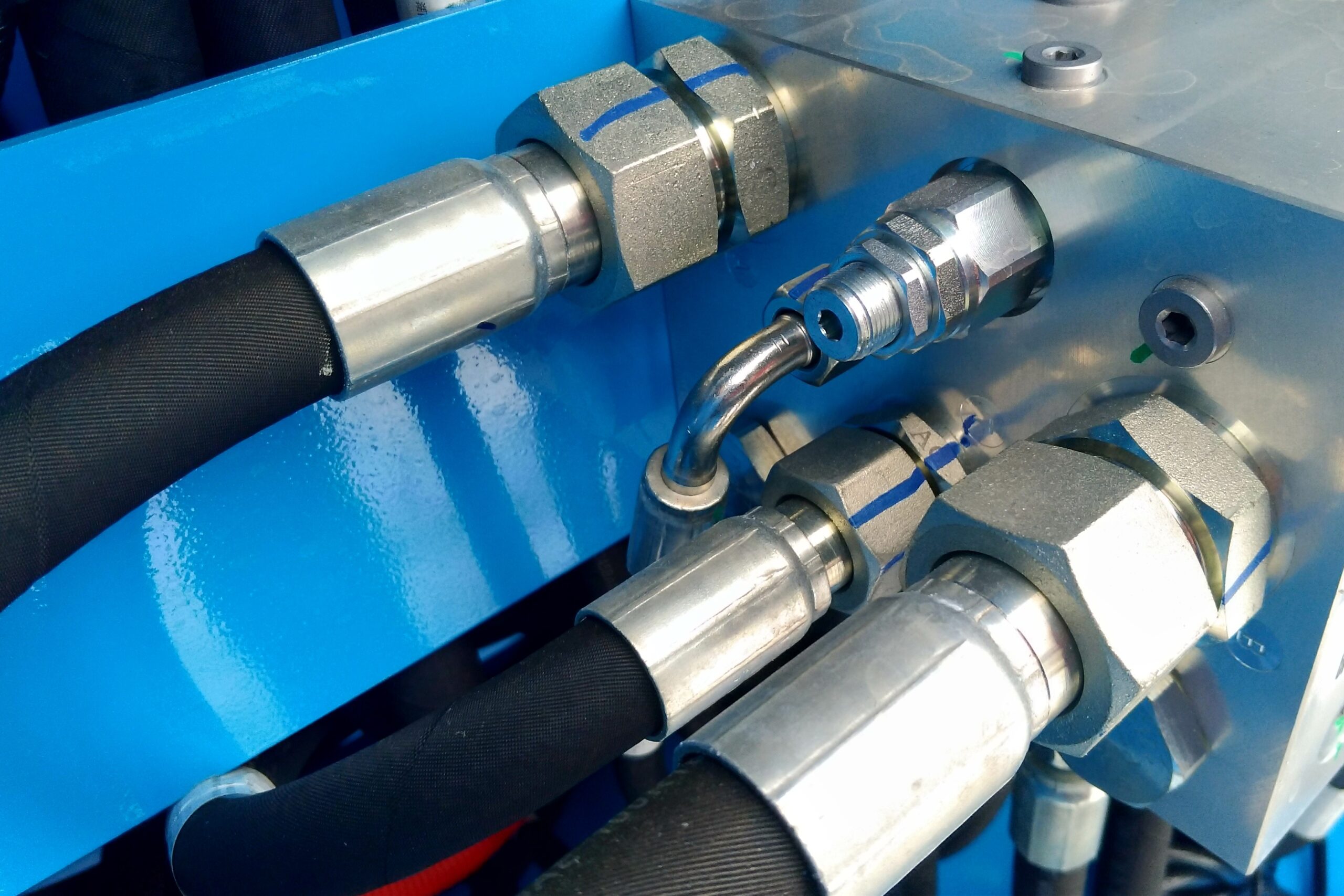












Learn more about out other certifications

ISO 14001
Environmental Management Systems

ISO 45001
Occupational Health & Safety Management Systems

ISO 17025
Accreditation & Certification for Laboratories

ISO/IEC 17024:2012
General Requirements for Bodies Operating Certification of Persons

ISO/IEC 17065:2012
Requirements for Bodies Certifying Products, Processes & Services

ISO/IEC 17034:2016
General Requirements for The Competence of Reference Material Producers

AS9100
Aerospace Quality Management Systems
Frequently Asked Questions For ISO 9001
What is ISO 9001 certification?
ISO 9001 certification is a globally recognised standard that outlines the criteria for the development and implementation of a quality management system (QMS). This specialised international standard assists organisations in ensuring they meet customer and other stakeholder needs within defined statutory and regulatory requirements related to quality management for their products or services.
ISO 9001 is a globally recognised quality management system standard. This specialised international standard assists organisations in ensuring they meet customer and other stakeholder requirements, in relation to the quality of their products or services.
How do you get ISO 9001 certification?
To obtain ISO 9001 certification, an organisation must implement a QMS that aligns with all the requirements of the ISO 9001 standard. This involves developing a system of documented procedures and processes covering all critical business aspects. The organisation then needs to pass an external audit conducted by an accredited certification body to confirm compliance with ISO 9001.
How do I become ISO 9001 certified?
To become ISO 9001 certified, an organisation should first implement all standards outlined in the ISO 9001 framework. Following this, the organisation must engage an accredited certification body to conduct an external certification audit. Upon passing this external audit, the organisation will then be granted ISO 9001 certification by that accredited certification body.
Who needs ISO 9001 certification?
ISO 9001 certification is a suitable investment for virtually all organisations that can benefit from demonstrating a consistent ability to provide products and services that maintain high quality standards. A versatile international standard for quality, ISO 9001 certification is applicable to all types and sizes of organisations and is especially valuable in competitive industries or for those looking to enhance internal processes.
What is the ISO 9001 Quality Management System?
The ISO 9001 Quality Management System is a structured system of policies, processes, and procedures focused on planning and executing the core business areas of an organisation. ISO 9001 Quality Management Systems are designed to enhance customer satisfaction by meeting customer expectations through a systematic approach to managing business processes.
What is required for ISO 9001 certification?
ISO 9001 certification requires the development of a QMS that includes all necessary policies, procedures, and records for the sustainable implementation and management of that QMS. This system should cover various business aspects, such as procurement, human resources, and customer service, ensuring the organisation maintains high-quality processes that satisfy stakeholder needs.
Start Your Journey with S & J Auditing and Consulting
Featured Case Studies
Read our case studies from some of WA & Australia’s most reputable companies.
Proudly trusted by

